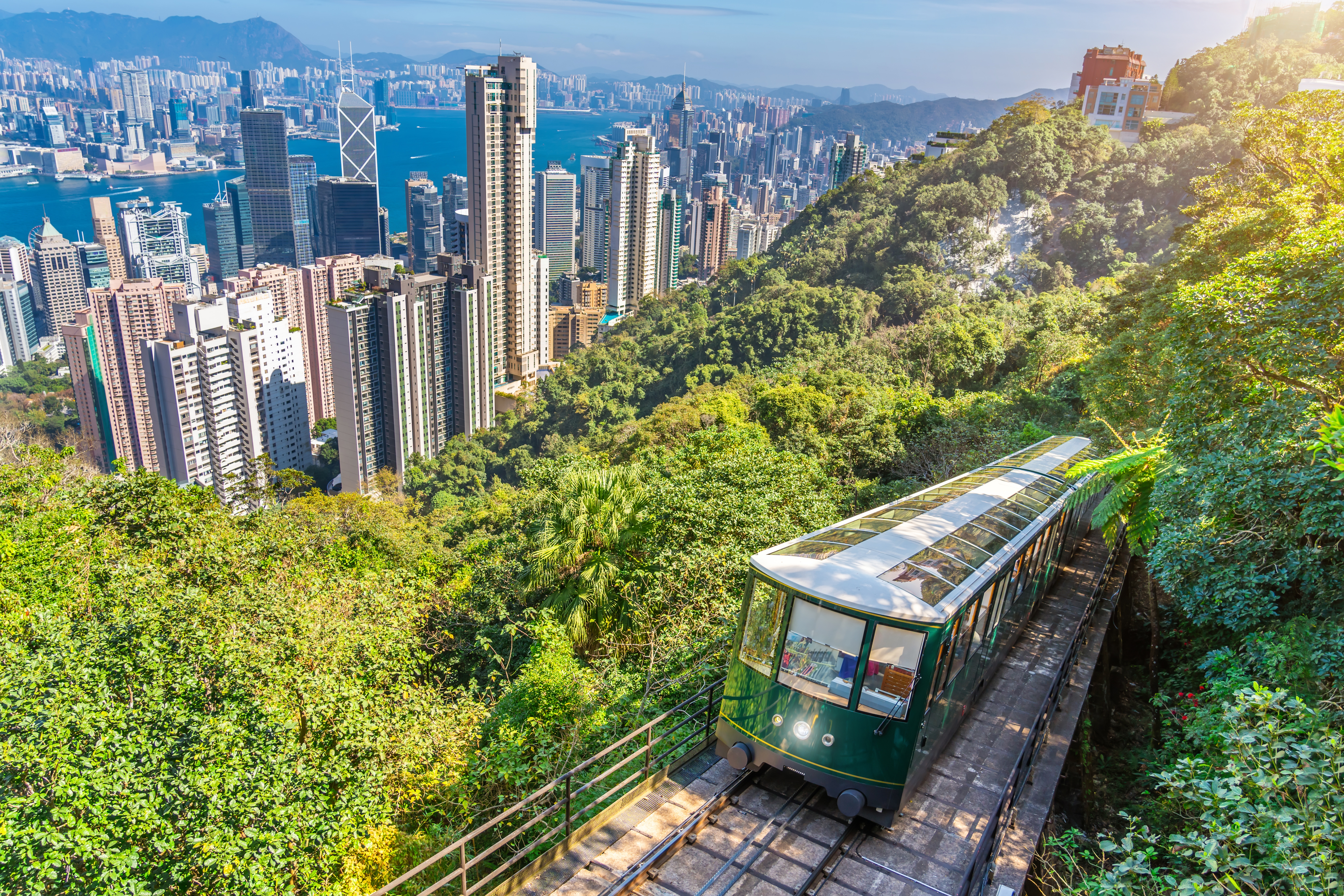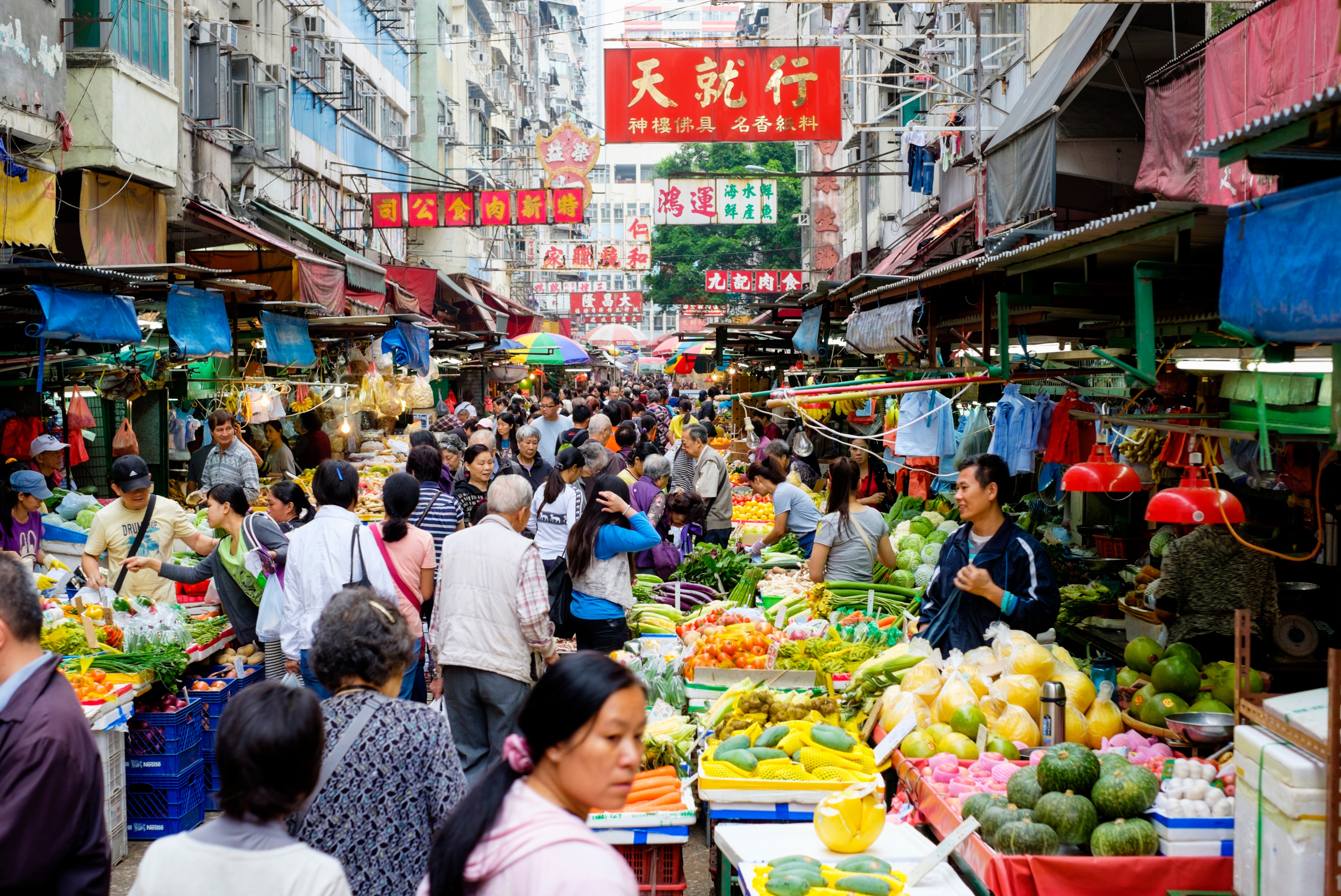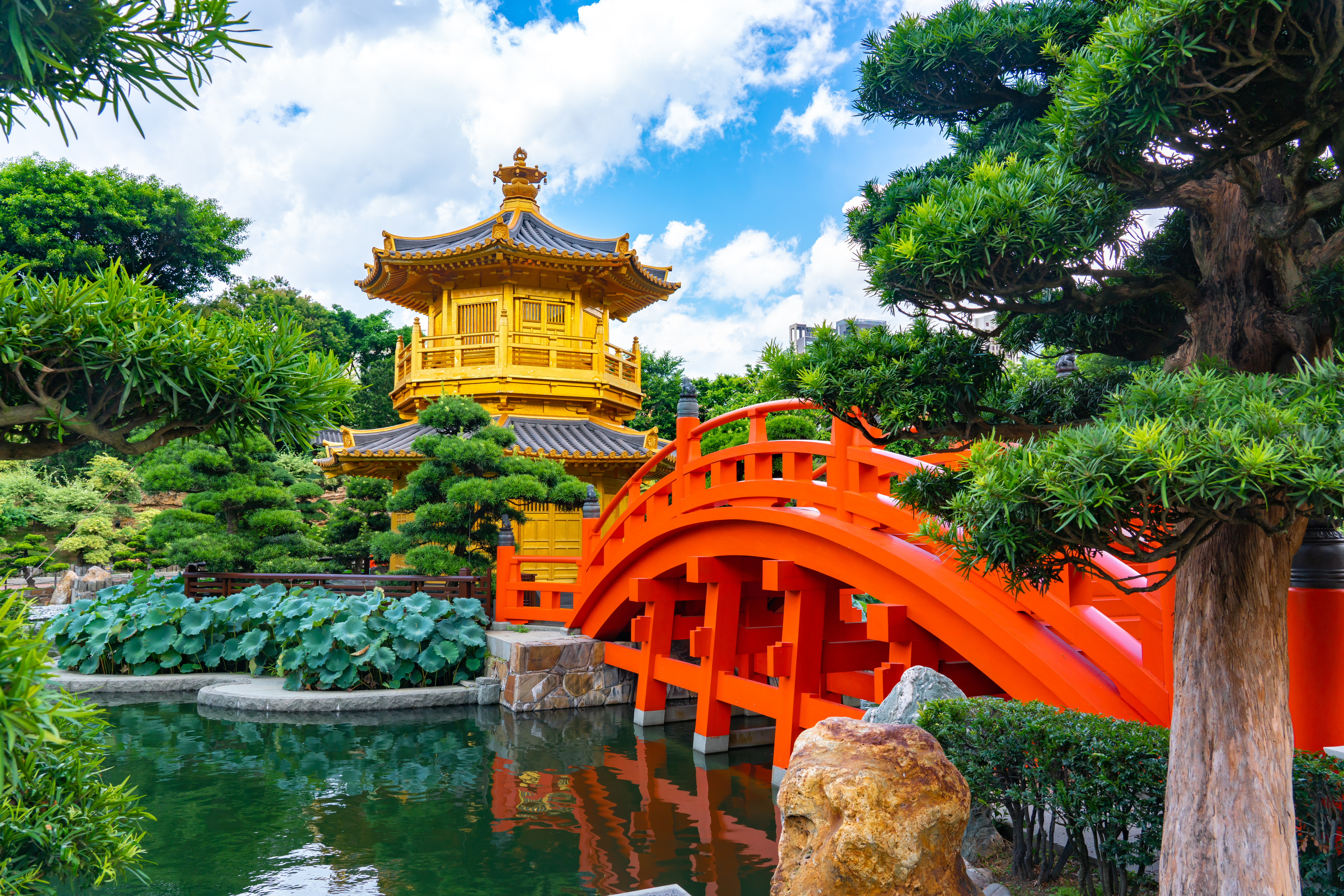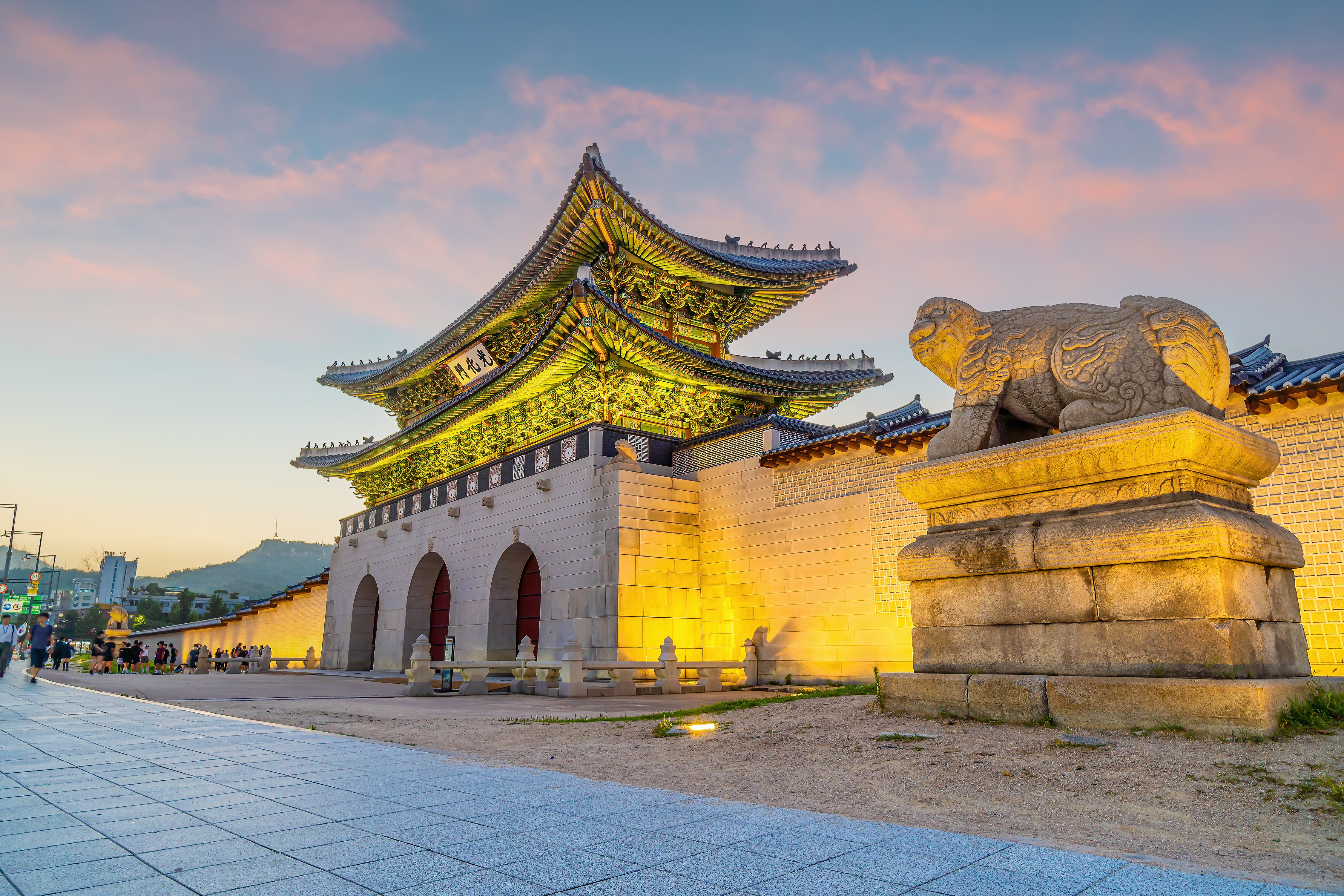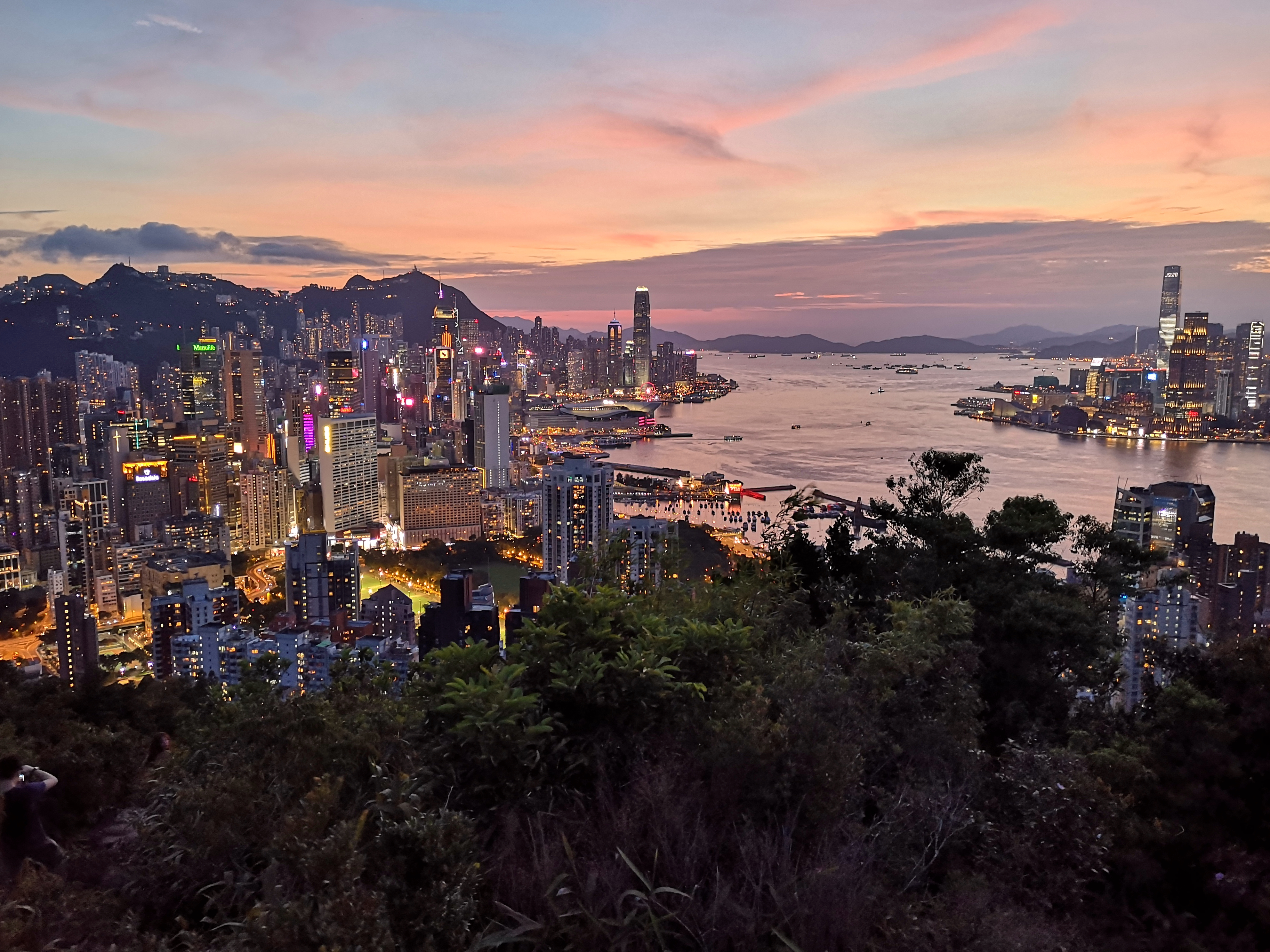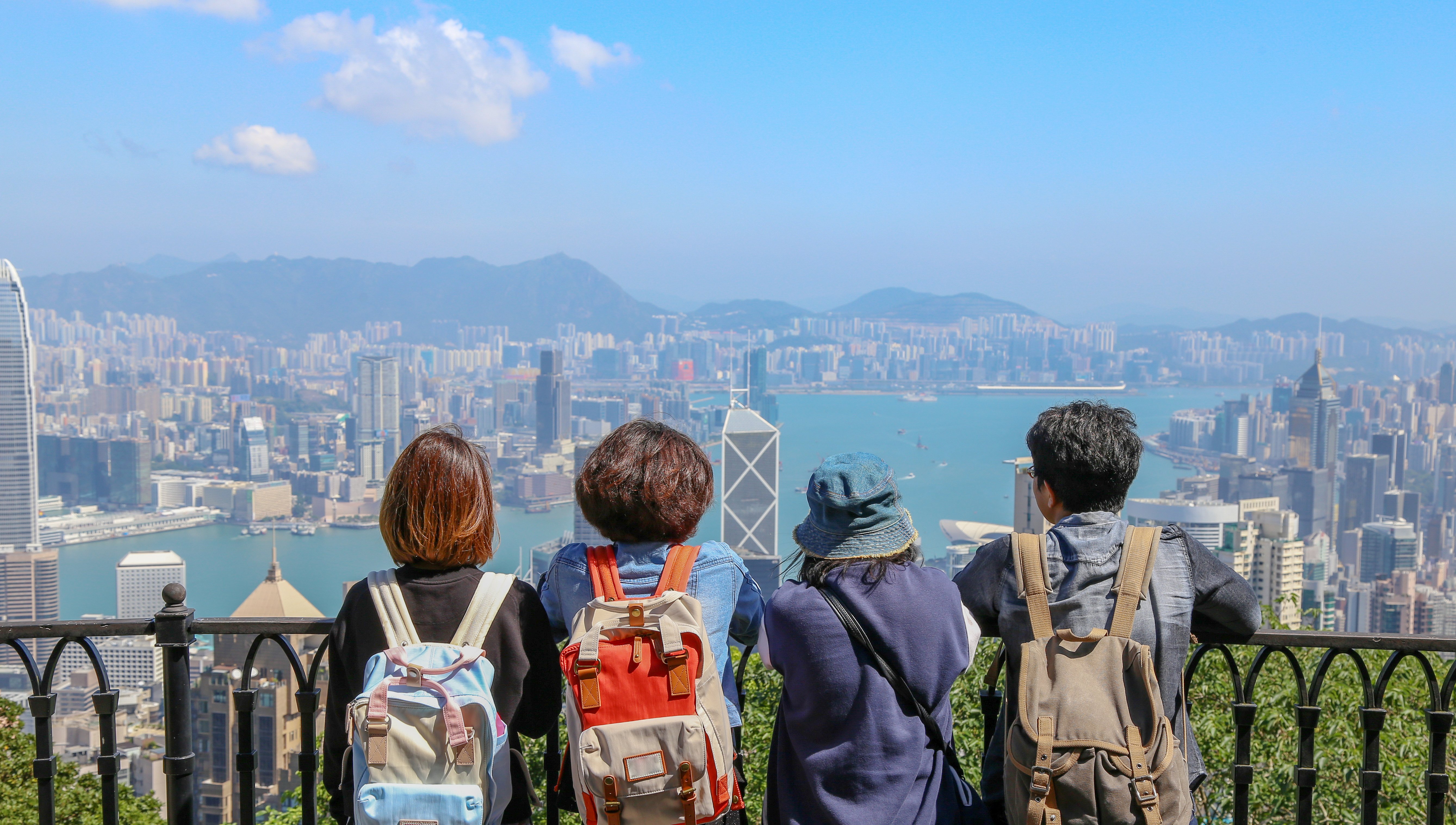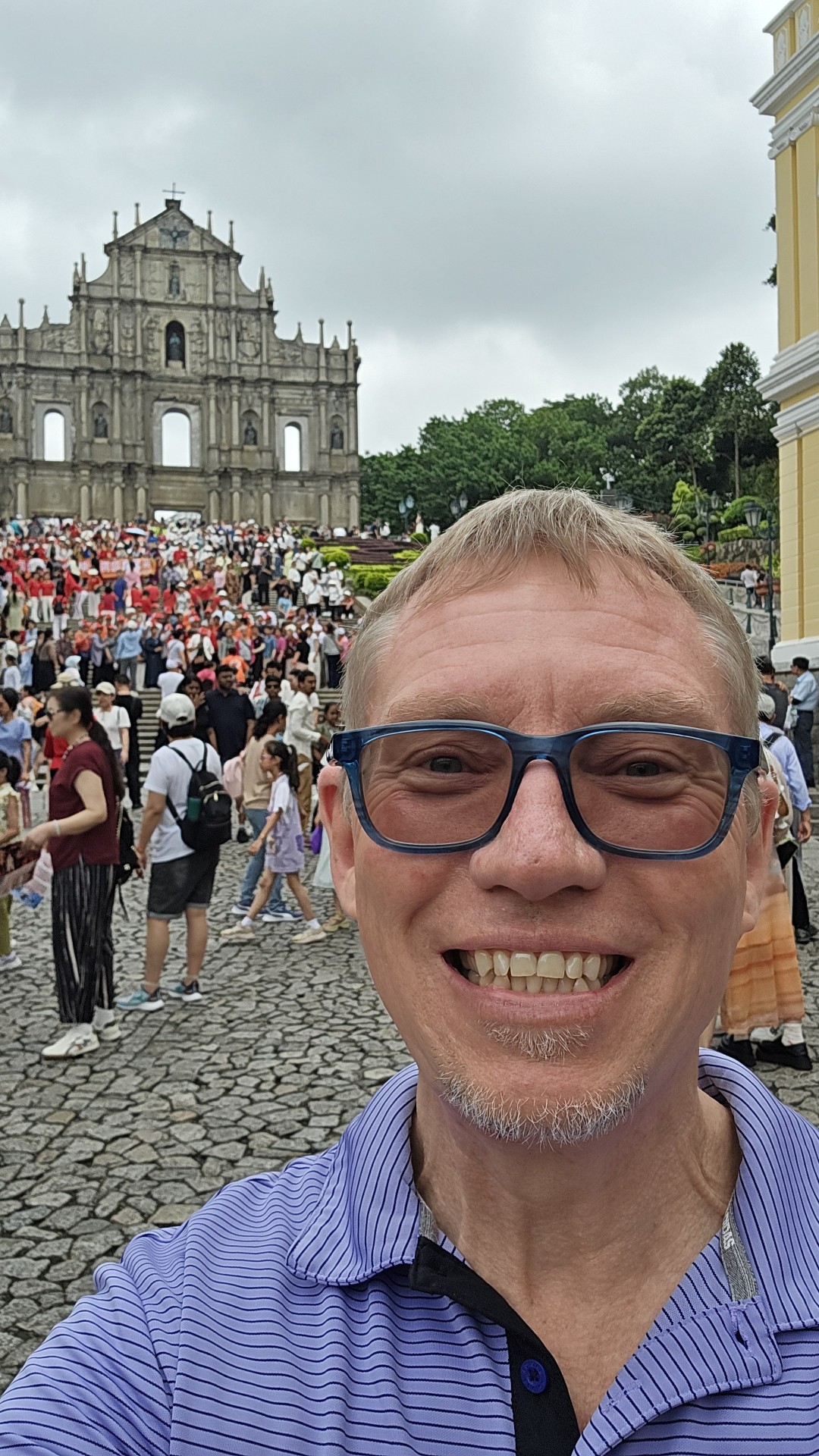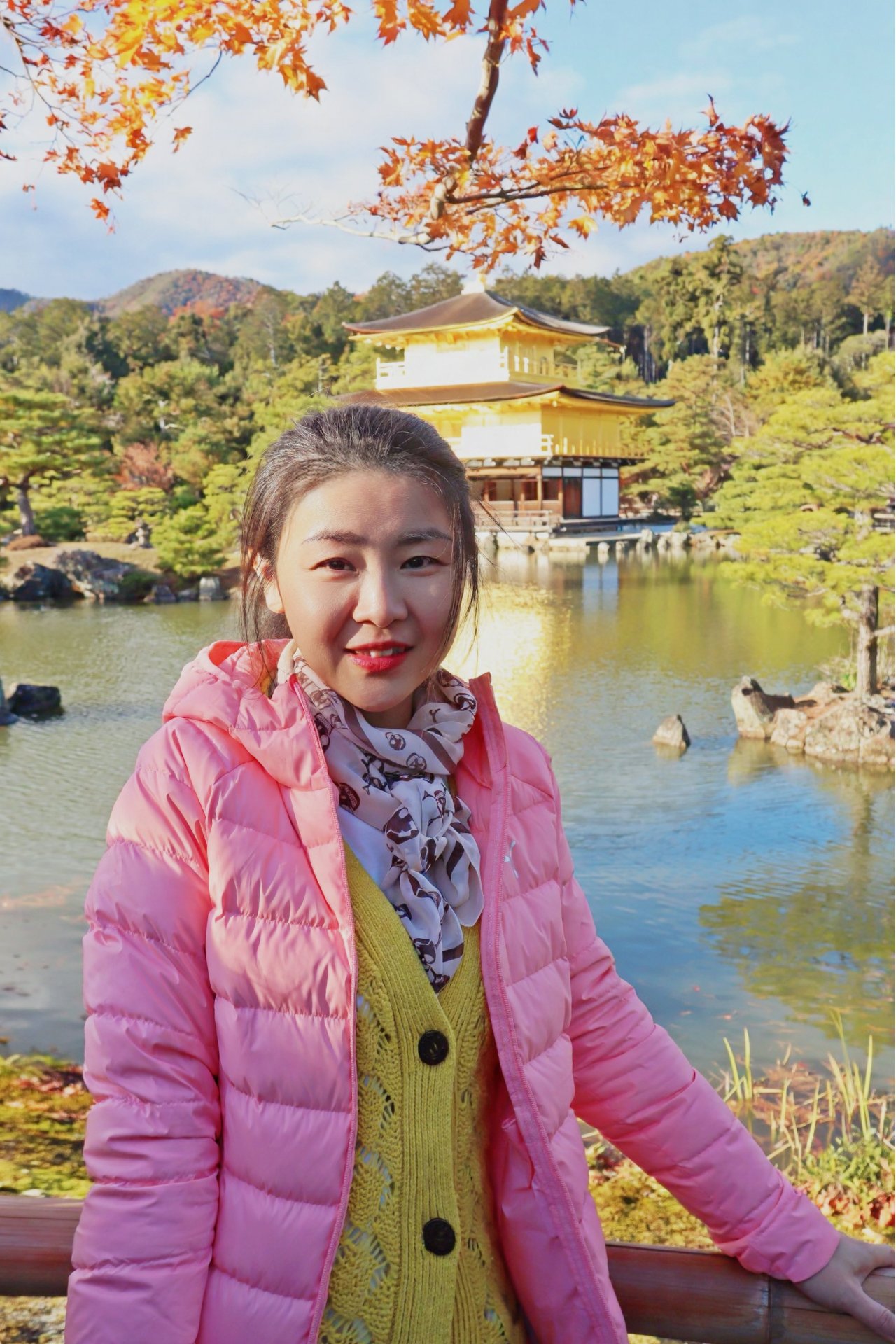US and Canadian citizens do not need a visa for short visits of up to 90 days. Your passport should be valid for at least one month beyond your stay, though six months validity is recommended. If you plan to continue into mainland China, you will need a Chinese visa, which must be arranged before arrival.
Discover Tailor-Made Hong Kong Vacations
Hong Kong blends iconic skylines, harbour views, bustling markets, and cultural escapes.
Hong Kong is a city where East meets West, skyscrapers rise above temples, and lively markets contrast with peaceful trails. From Victoria Peak and the Star Ferry to Kowloon’s markets and Michelin dining, travellers find culture, energy, and discovery in every corner.
Featured Highlights
- Take in skyline views from Victoria Peak
- Cross Victoria Harbour on the Star Ferry
- Shop and explore Kowloon’s lively markets
- Discover the Avenue of Stars and film heritage
- Savour Michelin dining and dim sum teahouses
- Hike New Territories trails and island landscapes
Featured Hong Kong Trip Ideas
A city of contrasts, where modern skylines meet timeless traditions.Hong Kong is one of Asia’s most exciting destinations, celebrated for its skyline, Victoria Harbour, and cultural depth. Travellers can ride the Peak Tram to Victoria Peak for sweeping views, sail across the harbour on the iconic Star Ferry, and explore Kowloon’s lively night markets and the Avenue of Stars. Central and Causeway Bay provide endless shopping and dining, while neighbourhoods like Mong Kok capture the city’s vibrant street life.
Read More
Hong Kong, Thailand & Cambodia Sampler
Siem Reap, Angkor Wat, Bangkok, The Grand Palace, Chiang Mai, and Hong KongHong Kong & Singapore for Foodies
Singapore, Gardens by the Bay, and Hong KongDeluxe Hong Kong & Bali
Bali, Sanur, Uluwatu Temple, Ubud, and Hong KongBest of Hong Kong & Korea
Seoul, Gyeongbokgung Palace, Busan, Gyeongju, and Hong KongHong Kong Escape
Hong KongKnown as “the City of Life” as it never seems to sleep, Hong Kong is a vibrant and exciting city made up of the Mainland and Hong Kong Island with the famous Star Ferry linking the two.
It boasts an expansive skyline and a deep natural harbour....
Hong Kong & Vietnam for Families
Hanoi, Halong Bay, Hoi An, and Hong KongDon't see the
perfect trip idea?
Request a custom quote.
Turn your travel dreams into reality with Goway. Our customized vacations take travellers to all corners of the world.
What do Goway's travellers say?
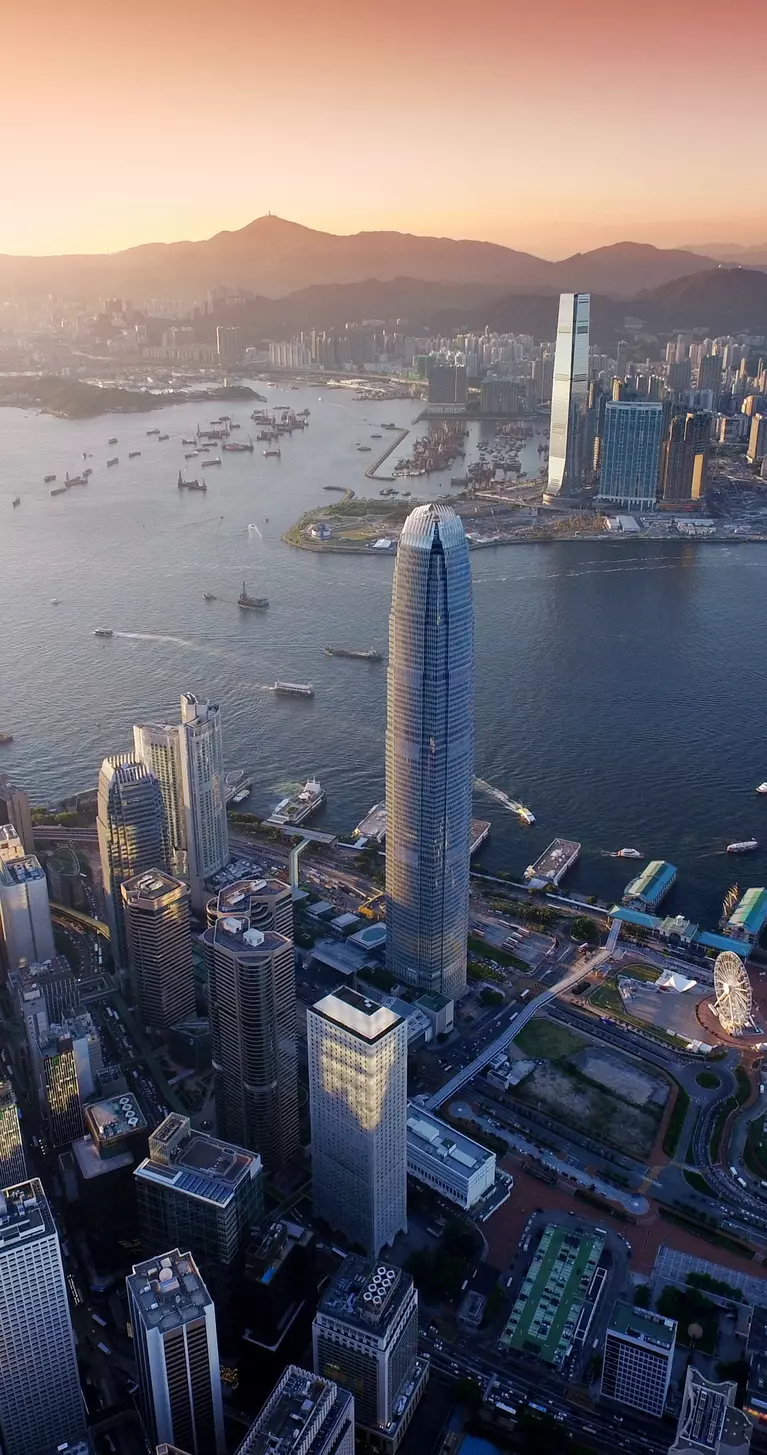
Get to know Hong Kong before you go.
Best Time to Visit
Hong Kong is a destination that shines year-round, each season offering its own atmosphere and experiences. While the city’s energy never fades, choosing the right time to visit depends on whether you seek lively festivals, calm escapes, or value-friendly stays.
The most comfortable weather arrives in autumn, from October to November, when low humidity and mild temperatures make sightseeing and outdoor activities especially enjoyable. This is the perfect season for hiking Hong Kong’s scenic trails, exploring heritage sites, or simply soaking in city views from Victoria Peak. Spring, from March to May, brings similar comfort, though with a touch more rain.
Peak tourist periods coincide with major festivals. The Mid Autumn Festival in September or October, National Day, and Chinese New Year in January or February bring vibrant celebrations but also bigger crowds and higher accommodation rates. Travellers who enjoy festive atmospheres will find these times exhilarating, but early bookings are essential.
For affordability, July and August offer lower hotel rates despite being hot, humid, and prone to heavy rainfall during typhoon season. This period, however, is ideal for beach escapes, island-hopping, and water sports. Winter, from November to December, also offers fewer crowds and reduced prices. The weather is mild, though evenings can be cool, so warm waterproof layers are recommended.
A stay of three days is enough to capture the highlights—museum visits, bustling market streets, and a ferry ride across Victoria Harbour. With five days, travellers can dive deeper, adding side trips to Macau or Lantau Island for a well-rounded experience of Hong Kong’s rich contrasts.
What do the experts say?
If you're looking for a fun local experience in Hong Kong, head to the Happy Valley Racecourse for some exciting horse racing.
For me its all about the buildings. Hong Kong has the most amazing skyline. Best place to see the skyline is from the East Coast Park Precinct in Causeway Bay.
Besides being known mostly as a modern city, the Central Green Trail is a fantastic hiking route in Hong Kong that offers a beautiful escape from the city.
Travel Styles
Explore Hong Kong by Travel Type
Ways to Travel
Discover your perfect travel style—crafted for every dream and journey.

Themes
Immersive adventures shaped by passion, such as food, culture, wellness, and wild discovery.

Featured
Extraordinary experiences handpicked to inspire, delight, and spark your wanderlust.

Ways to Travel
Discover your perfect travel style—crafted for every dream and journey.

Themes
Immersive adventures shaped by passion, such as food, culture, wellness, and wild discovery.

Featured
Extraordinary experiences handpicked to inspire, delight, and spark your wanderlust.
Frequently Asked Questions
Do I need a visa or special permits to enter Hong Kong?
What language is spoken locally? How widely is English understood in Hong Kong?
Cantonese is the most widely spoken language, with Mandarin also common due to close ties with mainland China. English is an official language and is broadly understood in business, government, and tourism. Street signs, menus, and public transport information are usually bilingual, making navigation easy.
What are the must-see attractions in Hong Kong?
Victoria Peak offers sweeping views of the skyline and harbour, best seen at sunset or night. The Star Ferry provides a classic ride across Victoria Harbour. The bustling markets of Mong Kok, such as the Ladies’ Market and Temple Street Night Market, show the city’s street life. Lantau Island draws visitors to the Big Buddha and traditional Tai O fishing village. For nature, Dragon’s Back trail and outlying islands offer refreshing escapes from the urban buzz.
Is Hong Kong safe? What should I keep in mind while travelling there?
Hong Kong is considered very safe, with low levels of violent crime. Petty theft can occur in crowded areas, so stay alert in markets and on public transport. Political demonstrations sometimes happen, and it’s best to avoid large gatherings. Public health standards are high, and tap water is generally safe, though many locals still prefer bottled or filtered water.
What's the best way to travel within Hong Kong?
The MTR (subway) is fast, clean, and the easiest way to get around. Buses, trams, and ferries provide scenic alternatives, especially the Star Ferry between Kowloon and Hong Kong Island. Taxis are plentiful and affordable. Walking is often the best way to explore neighbourhoods, though expect hills and stairs in many areas. An Octopus Card makes public transport convenient.
What Hong Kong cultural customs should I be aware of?
Hong Kong blends Chinese traditions with international influence. Respect for elders is important, and it’s polite to offer or receive items with both hands. In restaurants, don’t stick chopsticks upright in rice—it resembles a funeral ritual. Tipping is modest: restaurants often include a service charge, but rounding up or leaving small change is appreciated.
What should I wear/pack for Hong Kong's climate?
Hong Kong has a subtropical climate. Summers (May to September) are hot, humid, and often rainy, so pack light clothing, an umbrella, and breathable fabrics. Winters (December to February) are mild, with temperatures dropping in the evening—bring a light jacket. Comfortable walking shoes are essential, and if visiting temples, carry a shawl or scarf to cover shoulders modestly.
Unlock more by subscribing to our newsletter
With our newsletter, you’ll get access to regular communications that inspire you and help you explore the world your way
